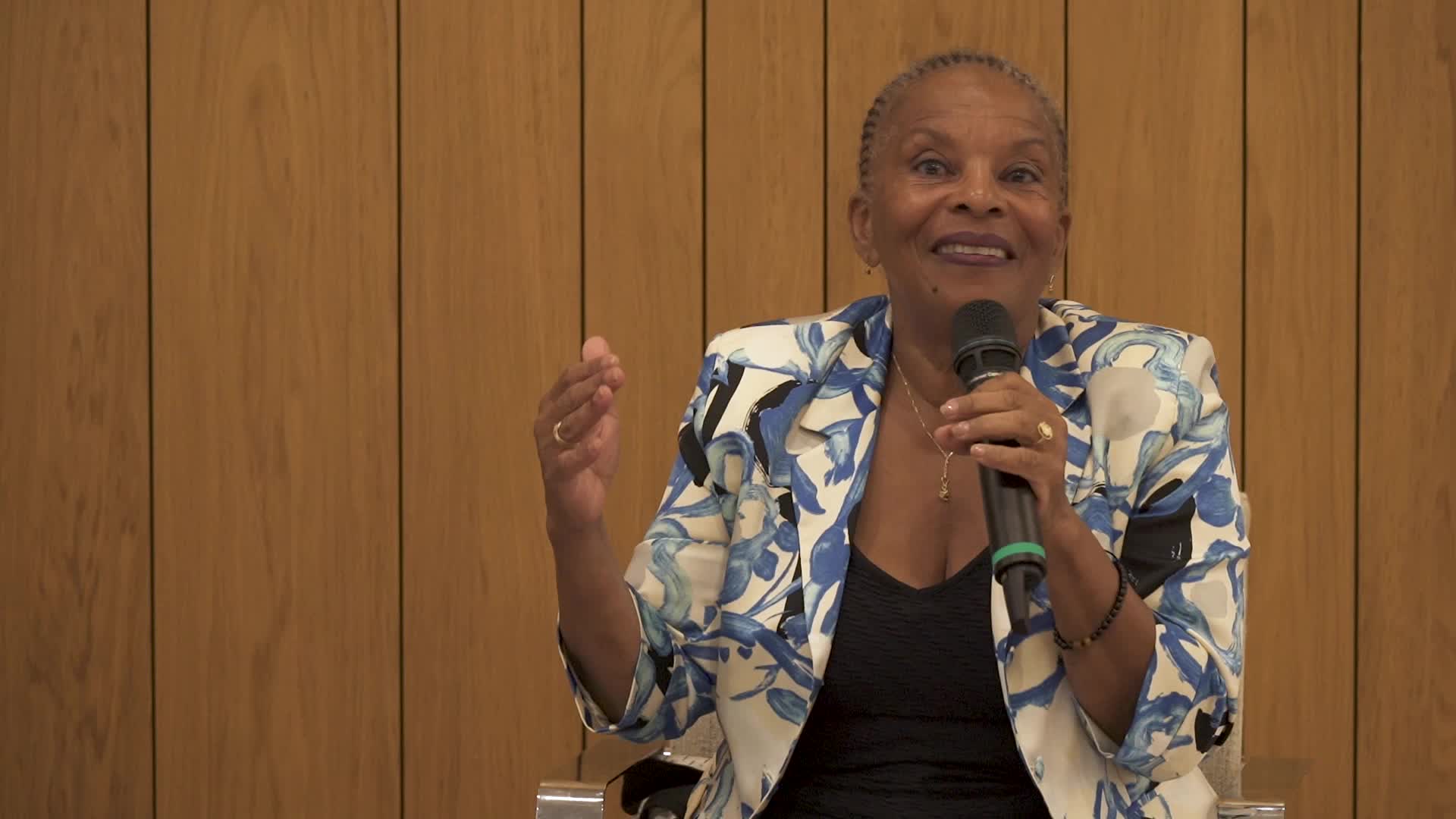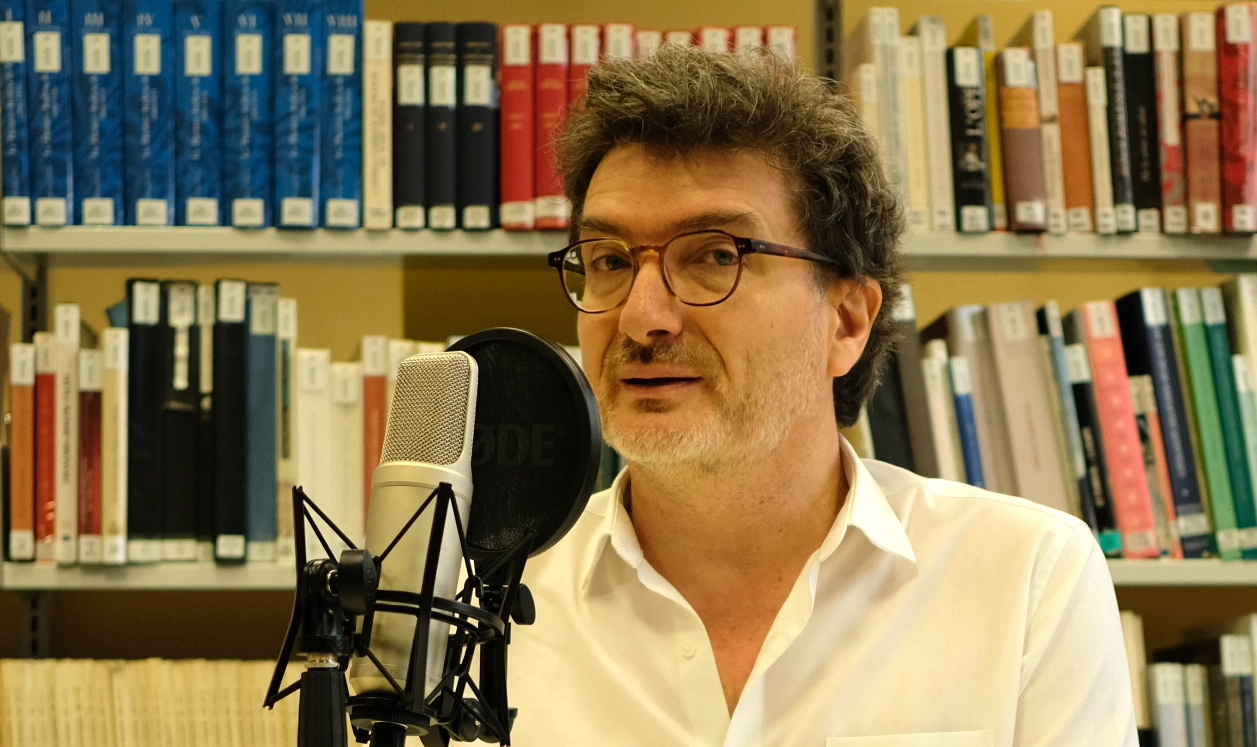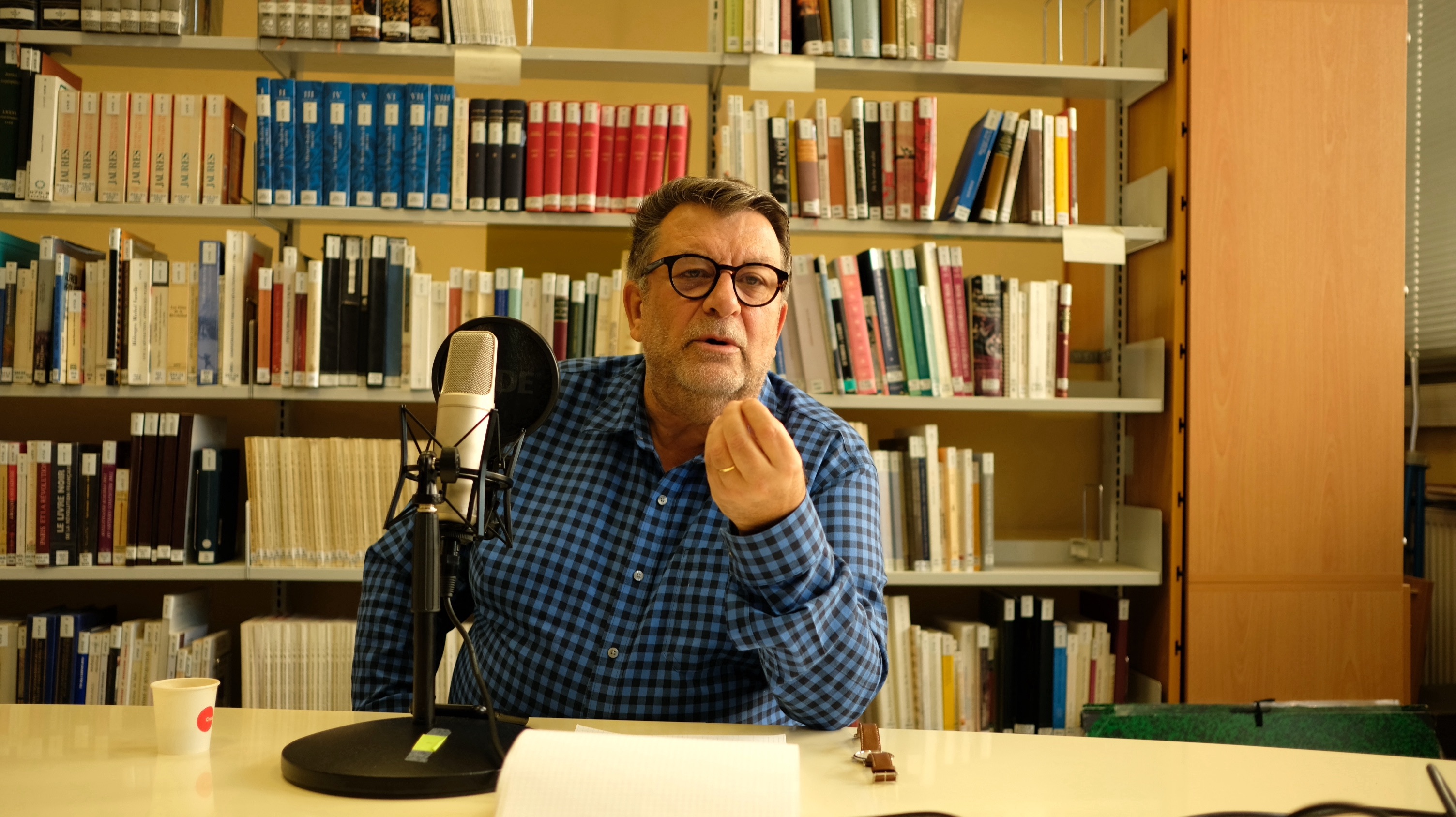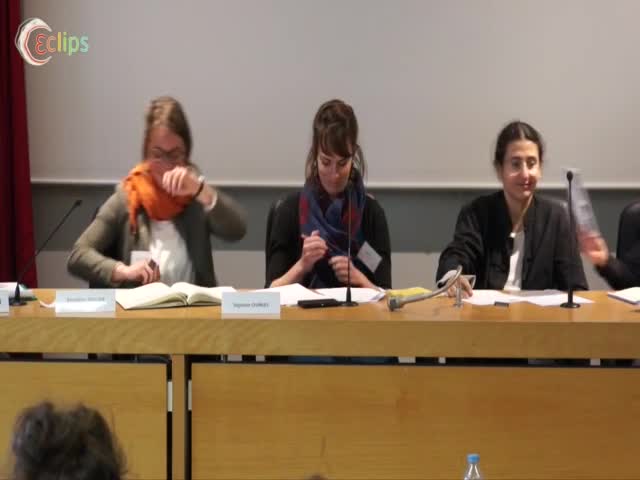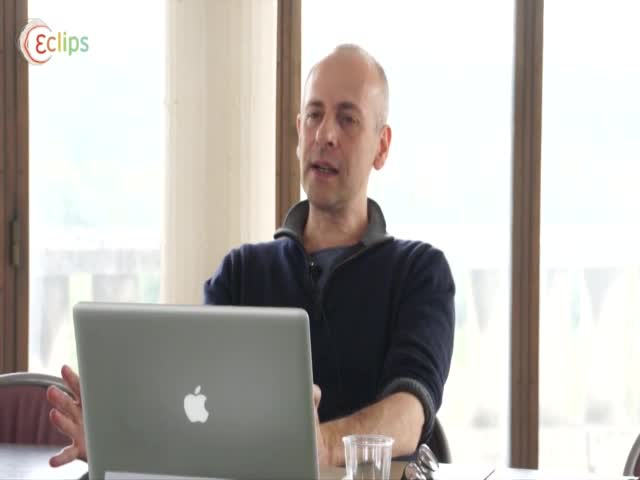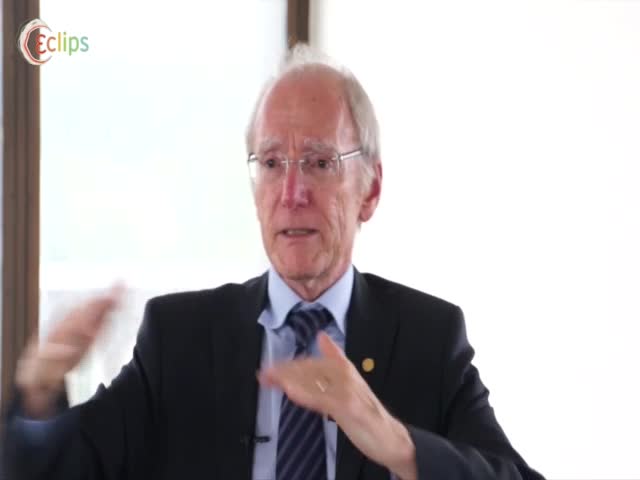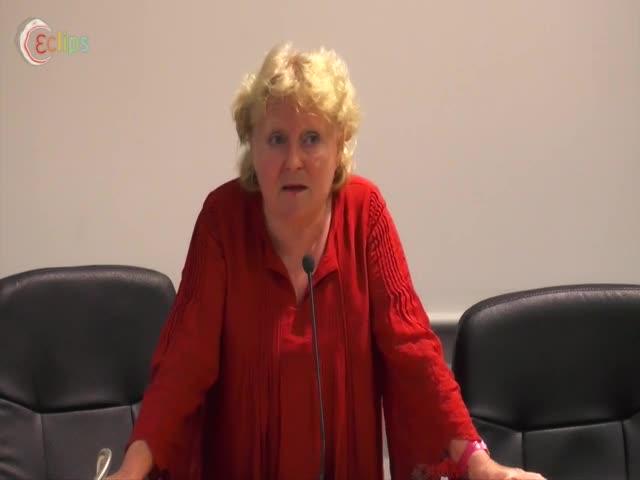Notice
Wise International Decisions: The Bigger, the Wiser?
- document 1 document 2 document 3
- niveau 1 niveau 2 niveau 3
Descriptif
La sagesse collective : principes et mécanismes
Colloque des 22-23 mai 2008, organisé par l'Institut du Monde Contemporain du Collège de France, sous la direction du Professeur Jon Elster.
Intervention de Ariel Colonomos, CNRS, CERI, 23 mai 2008
When he makes strategic choices, the Prince favors prudence. This is one of the basic conclusions of the realist school of international relations. Although this is highly debatable, classical realists consider that state leaders are prudent to the extent that they do not inadvertently attack bigger states likely to defeat them (i.e. they maximize their interest). Realists are also normative at least implicitly: states ought not to be imprudent.
This line of thought has its origins in Thucydides, who also quotes Pericles saying “we love wisdom without becoming soft”. Wisdom is therefore not only positively associated to prudence, it is also negatively associated to the dangers of passivity.
Yet, who is prudent or imprudent, wise or unwise? Wisdom appears to be a matter of scale. Realists show a great tolerance vis-à-vis autocratic or dictatorial regimes, precisely because they consider that individual decisions are more reliable, i.e. they are more prudent than collective ones. The Prince tries to maximize his interest and is therefore rational, predictable and wise (prudent without being soft), whereas democracy is the realm of passions leading to imprudent behavior. Of course, idealism or liberalism share a different approach (see also the debate about unilateralism vs. multilateralism). This paper will discuss the different models of wise international behavior, depending on the size of the agent, the paradigm its members use when making their decision and the analytical framework that prevails in the assessment of their policy.
Thème
Documentation
Liens
Discussant : Pasquale Pasquino
Télécharger la présentation PowerpointDocument .ppt (89 Ko)
Sur le même thème
-
L’hospitalité dans l’avenir de la démocratie
TaubiraChristianeVasconcelosÁlvaro deCastroTeresaAraujoChristopheDos SantosGraçaPlácido CordeiroGonçaloL’hospitalité dans l’avenir de la démocratie. Débat avec Christiane Taubira et Álvaro Vasconcelos Dans le cadre du cycle de débats « Passeurs de Mondes, Bâtisseurs de l'Universel » est une
-
De la rue à la mairie
HamouDavidInterview de David Hamou, dans le cadre de la sortie de son ouvrage "De la rue à la mairie. Sociologie du municipalisme"
-
-
Pourquoi les nombres ont-ils contribué à l'émergence grecque de la démocratie ?
MacéArnaudArnaud Macé nous explique ce que la réforme de Clisthène à Athènes, acte fondateur de la démocratie, doit aux nombres.
-
Donald Trump et la Constitution : anatomie pathologique de la démocratie américaine
MichelotVincentVincent Michelot, professeur d’histoire politique des Etats-Unis à Sciences Po Lyon, pose une question essentielle : les Etats-Unis sont-ils en train de glisser vers la démocratie illibérale ?
-
L’intersciences, ou la croisée des intelligences : comment unir la puissance de l’abstraction et la…
BerthetPhilippeIntelligence, rationalité, adaptabilité sont pour l'homme question d'échelle. À l'échelle de la toile, l'espace se rétrécit et le temps s'accélère : oubliés le lent souffle des grandes découvertes,
-
Table ronde 2 "La dimension hybride et transversale des démarches démocratiques en architecture et …
MacaireÉliseLongeotLéaLe développement, depuis les années 90 en France, des conseils de quartiers, réunions de concertation ou autres assemblées consultatives, témoigne de la volonté des élus et des acteurs de la ville d
-
02 - "Les ambitions déçues de la démocratie urbaine dans les quartiers populaires"
KirszbaumThomasLe développement, depuis les années 90 en France, des conseils de quartiers, réunions de concertation ou autres assemblées consultatives, témoigne de la volonté des élus et des acteurs de la ville d
-
04 - Conférence "Ambitions et désillusions de la participation"
PontierJean-MarieLe développement, depuis les années 90 en France, des conseils de quartiers, réunions de concertation ou autres assemblées consultatives, témoigne de la volonté des élus et des acteurs de la ville d
-
03 - "Un regard sur les travaux du colloque pour réfléchir aux limites de la paticipation"
DenèfleSylvetteLe développement, depuis les années 90 en France, des conseils de quartiers, réunions de concertation ou autres assemblées consultatives, témoigne de la volonté des élus et des acteurs de la ville d
-
01 - Introduction au colloque "Expériences et limites d'un idéal de démocratie"
BressonSabrinaMozolPatrickLe développement, depuis les années 90 en France, des conseils de quartiers, réunions de concertation ou autres assemblées consultatives, témoigne de la volonté des élus et des acteurs de la ville d
-
MARIO SOARES L'EXIL D'UN DEMOCRATE PRO-EUROPEEN
VasconcelosÁlvaro deSoaresIsabelAraujoChristopheMartinsGuilherme d'OliveiraMorinEdgarLe 25 avril 2024 marquera le 50e anniversaire de la révolution des Œillets qui a mis fin à 48 ans de dictature et d'empire colonial, tout en déclenchant une vague démocratique en Europe et dans le



